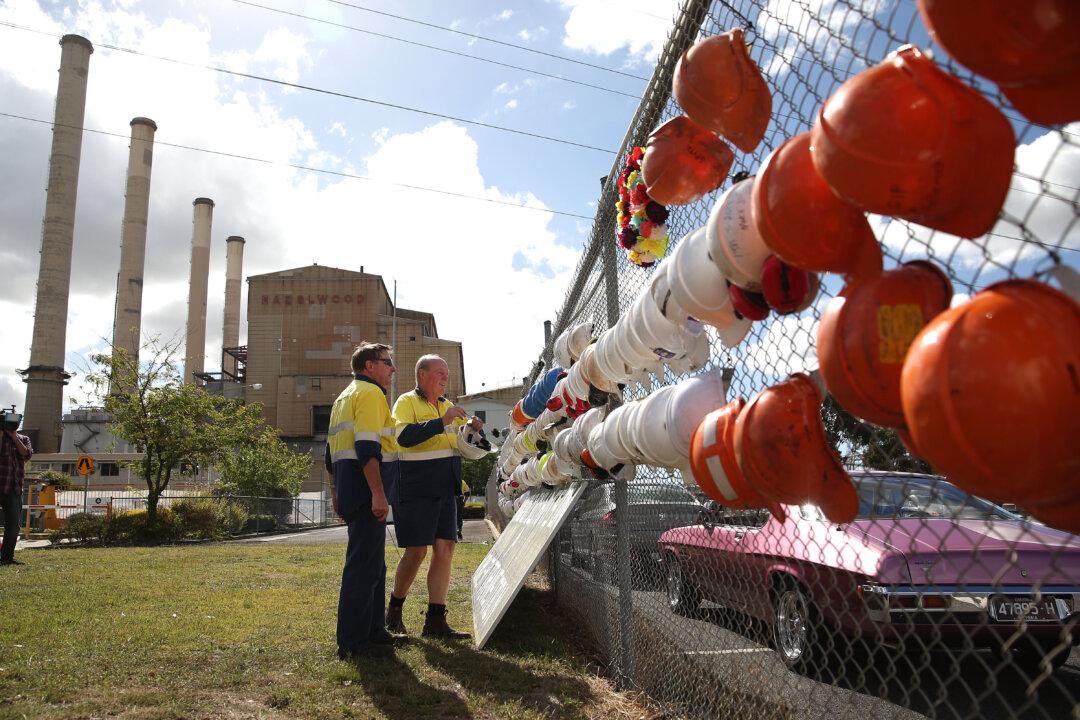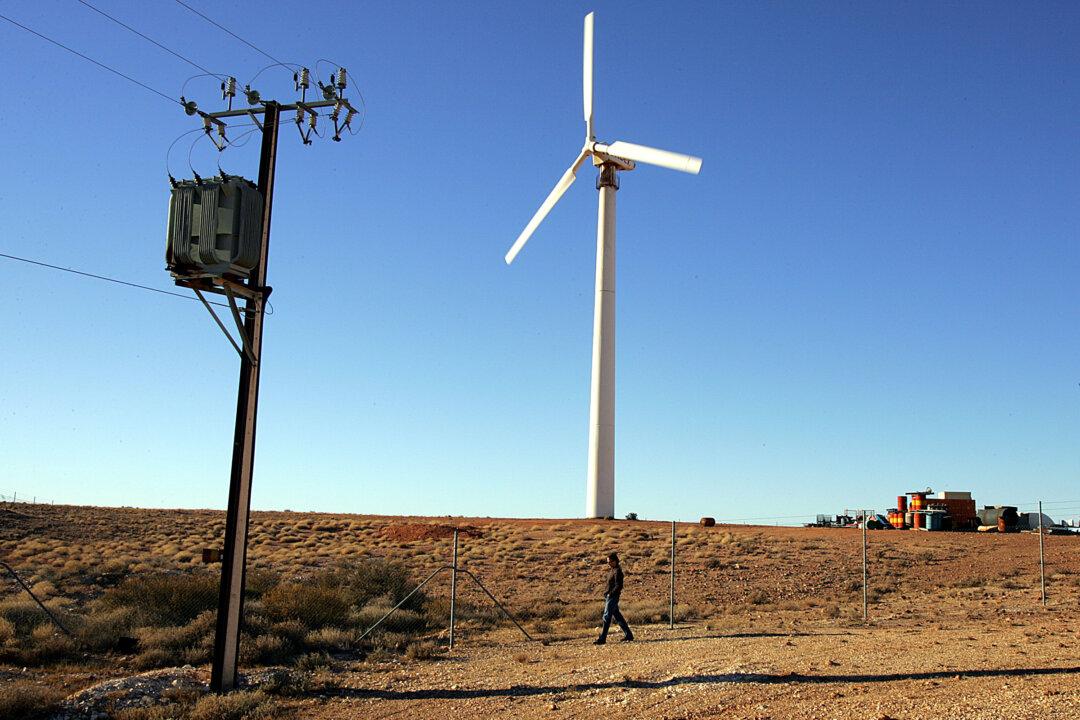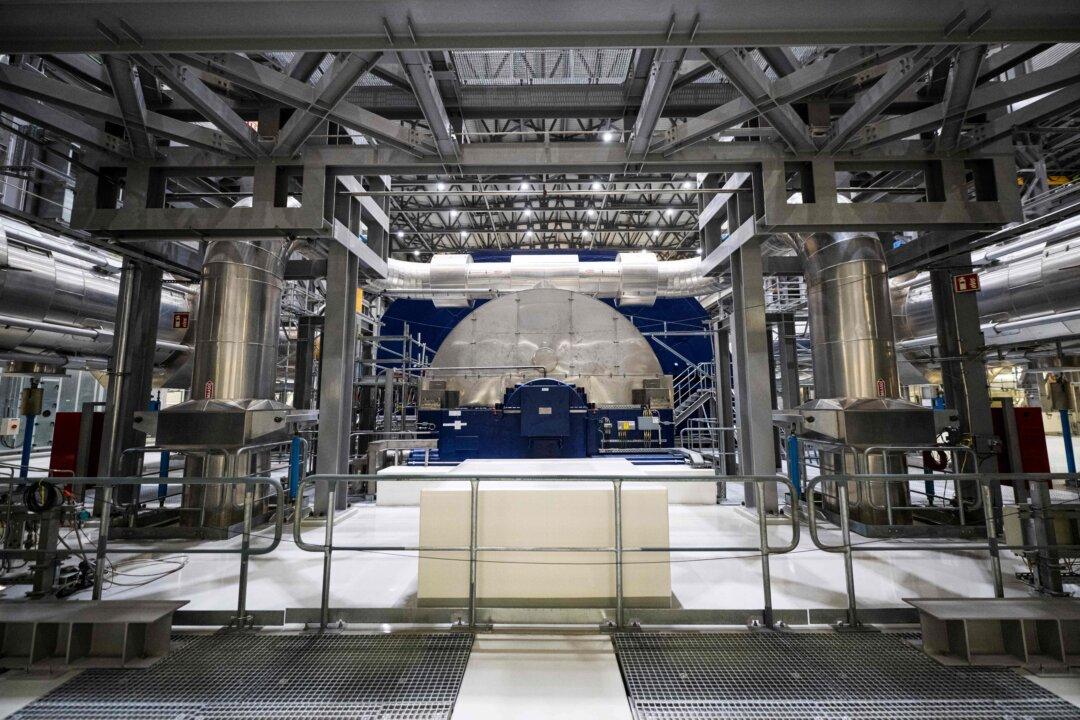The Australian government has warned childcare providers across the country to refrain from taking advantage of the upcoming lift in childcare subsidies to raise prices.
While the government currently holds a positive view toward the changes, there have been concerns that childcare fee hikes will eat up any savings provided by the new subsidy rates.
In response, Clare assured the public that the Australian Competition and Consumer Commission (ACCC) was monitoring the industry for unreasonable price increases.
“They’re watching what’s happening right now to see whether centres are playing by the rules or not, whether they’re lifting prices in accordance with inflation or not,” he told reporters.
“If they don’t, then they stand ready to act and give us the recommendations we need to make sure parents get value for money.”
Similarly, Prime Minister Anthony Albanese firmly believed Australian families would benefit from the policy.
“We want families to benefit. And the ACCC will be on the case.”

Meanwhile, the Opposition did not expect the cheaper childcare policy to bring about a positive outcome for working parents.
Pointing to the recent rises in childcare fees across the country, deputy opposition leader Sussan Ley said parents would still have to pay more in the long term even with increased subsidies.
“The subsidies that we’re talking about that come in tomorrow are being eaten up by increases in fees, and that’s what I’m seeing all around me,” she said.
Childcare Providers Raise Fees as Inflation and Rising Costs Bite
Prior to the cheaper childcare policy taking effect, many service providers around the country have announced a new round of fee increases for the 2023-2024 financial year.Not-for-profit Goodstart Early Learning will also lift its fees by 7.8 percent.
The alliance estimated that a 15 percent wage increase similar to the aged care industry would cost childcare providers between $0.9 billion and $1.3 billion.

Meanwhile, some service providers have urged the government to take action against childcare operators who raise prices unreasonably.
“Families will be better off financially regardless of increases, but providers who use this nation-building reform to build more profit off the backs of educators and families shouldn’t be given a free pass to price gouge,” Early childhood group Thrive By Five director Jay Weatherill said in comments obtained by AAP.
Government May Consider Medicare-style Universal Childcare
As the cheaper childcare policy is about to come into effect, the education minister also flagged the idea that the government might look into the possibility of establishing a Medicare-style universal childcare system.However, Ley doubted that the Labor government would be able to roll out such a significant reform.
“He’s promising free childcare in the future where we can’t even get cheaper childcare now,” the deputy opposition leader said.
“A universal scheme, who’s going to pay for it? Is this government going to have to raise taxes to do that?”





